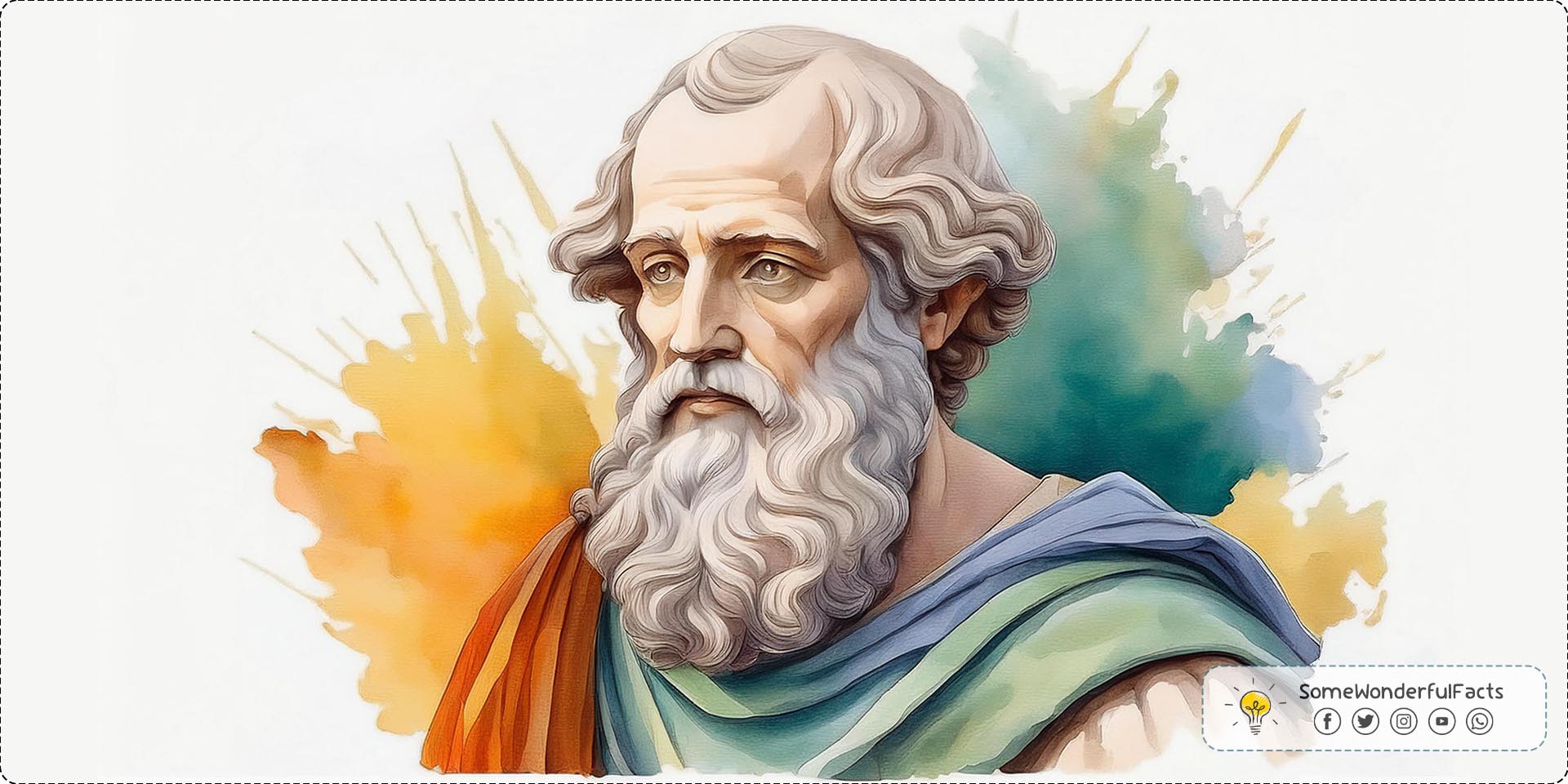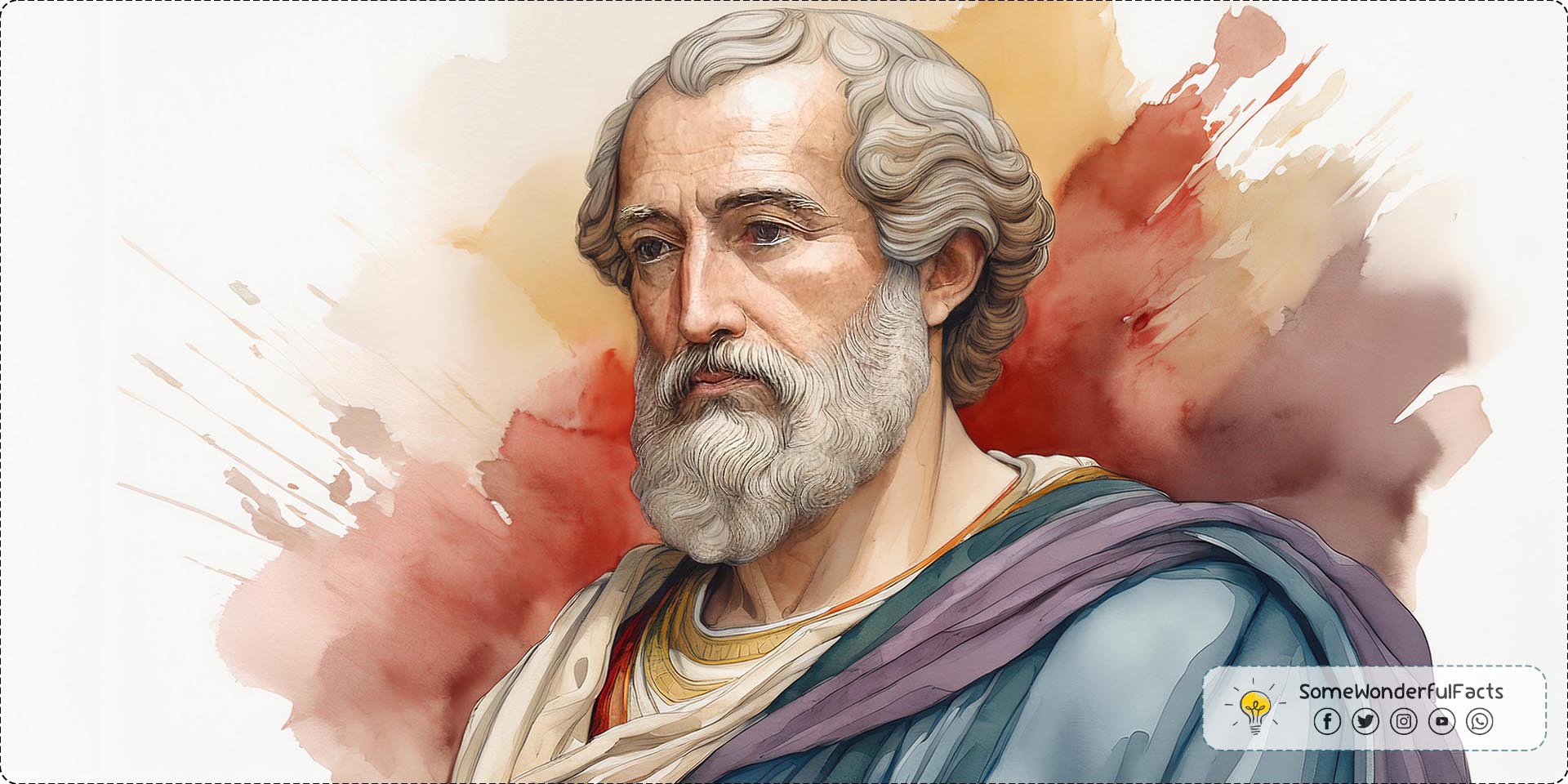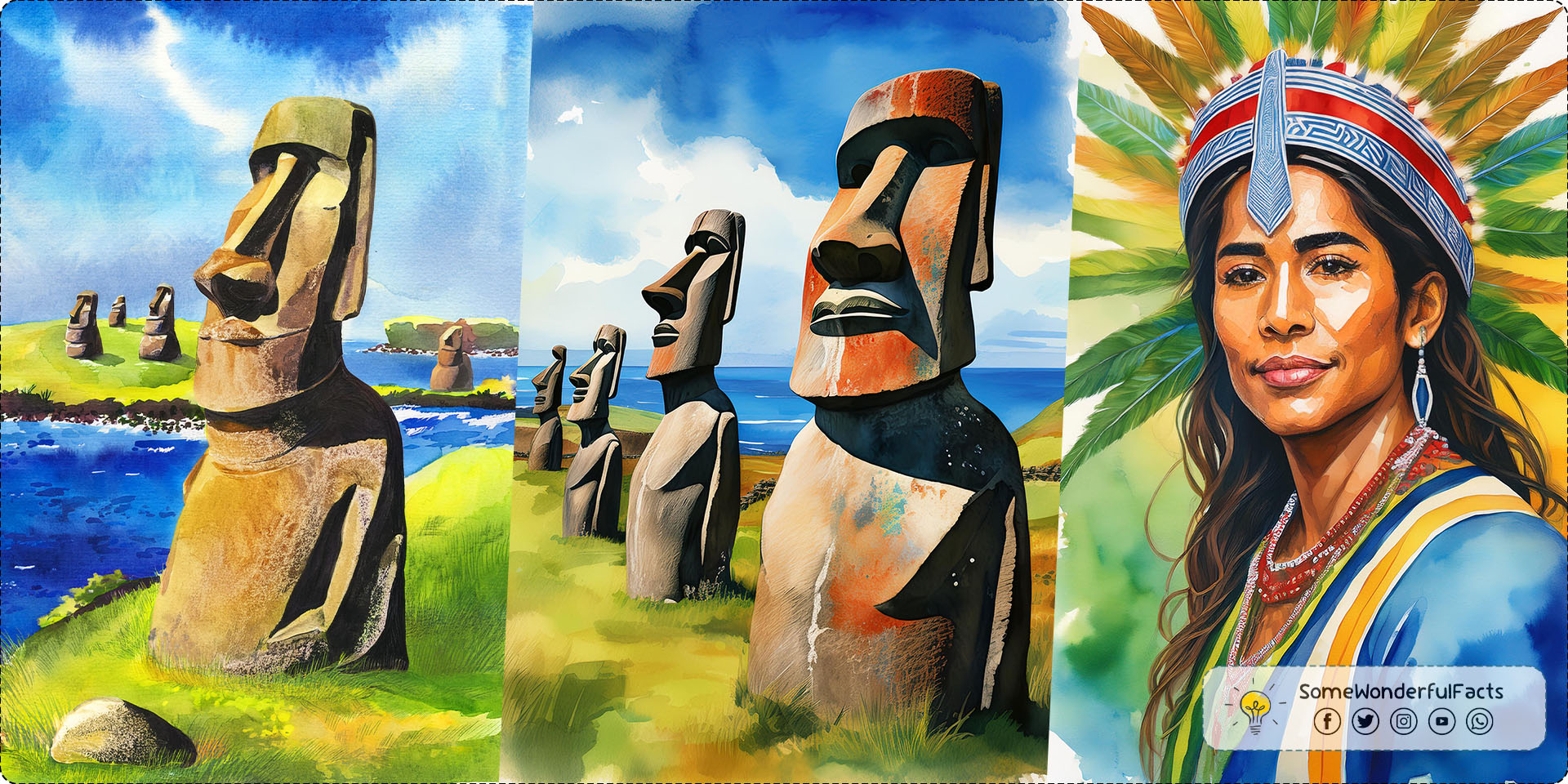
- Birth and Early Life: Aristotle was born in 384 BCE in Stagira, a small town in northern Greece¹. He was orphaned at a young age and was raised by a guardian named Proxenus
- Education: At the age of 17, Aristotle moved to Athens to study at Plato’s Academy, where he remained for about 20 years². Despite being a student of Plato, Aristotle often disagreed with his teacher’s theories, particularly the theory of forms.
- Contributions to Science and Philosophy**: Aristotle’s work spanned numerous fields, including biology, zoology, metaphysics, logic, ethics, and political theory¹. He is often credited with founding the study of zoology and formal logic.
- Tutor to Alexander the Great: In 343 BCE, Aristotle was invited by King Philip II of Macedon to tutor his son, Alexander the Great². This relationship significantly influenced Alexander’s approach to leadership and governance.
- Founding the Lyceum: After his time in Macedon, Aristotle returned to Athens and founded his own school, the Lyceum¹. Here, he conducted extensive research and wrote many of his works.
- Writings and Legacy: Aristotle’s writings cover a wide range of topics and have had a profound impact on Western thought. His works in ethics, such as the “Nicomachean Ethics,” and political theory, like “Politics,” are still studied today.
- Empirical Approach: Unlike his predecessors, Aristotle emphasized empirical observation and systematic classification in his studies. This approach laid the groundwork for the scientific method.
- Personal Life: Aristotle married Pythias, with whom he had a daughter also named Pythias. After Pythias’ death, he had a relationship with Herpyllis, who bore him a son named Nicomachus.
- Death: Aristotle died in 322 BCE in Euboea, Greece. His influence continued to grow posthumously, shaping medieval scholarship and Renaissance thought.
Aristotle’s legacy is a testament to his vast intellectual contributions and his enduring influence on various fields of study. His work continues to inspire and inform contemporary philosophical and scientific discourse.
Sources:
(1) Aristotle | Biography, Works, Quotes, Philosophy, Ethics, & Facts. https://www.britannica.com/biography/Aristotle.
(2) Top 20 Facts about Aristotle – Discover Walks Blog. https://www.discoverwalks.com/blog/greece/top-10-facts-about-aristotle/.
(3) Aristotle | Internet Encyclopedia of Philosophy. https://iep.utm.edu/aristotle/.
(4) Aristotle Facts | Britannica. https://www.britannica.com/facts/Aristotle.
(5) Aristotle: A Complete Overview of His Life, Work, and Philosophy. https://www.thecollector.com/aristotle-life-works-philosophy/.








